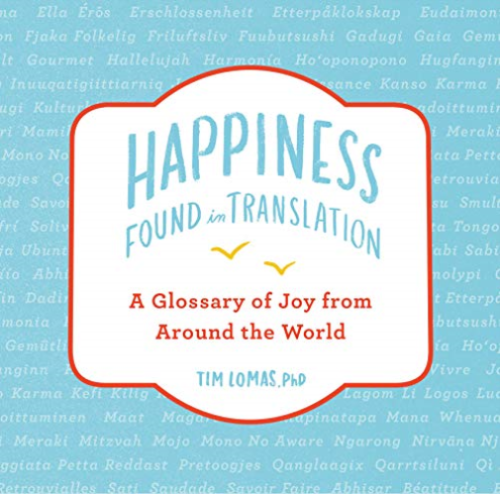Found in Translation, A Glossary of Joy From Around the World by Tim Loomis

Perfectly Imperfect – Steve Maraboli
We have all heard that no two snowflakes are alike. Each snowflake takes the perfect form for the maximum efficiency and effectiveness for its journey. And while the universal force of gravity gives them a shared destination, the expansive space in the air gives each snowflake the opportunity to take their own path. They are on the same journey, but each takes a different path.
Along this gravity-driven journey, some snowflakes collide and damage each other, some collide and join together, some are influenced by wind… there are so many transitions and changes that take place along the journey of the snowflake. But, no matter what the transition, the snowflake always finds itself perfectly shaped for its journey.
I find parallels in nature to be a beautiful reflection of grand orchestration. One of these parallels is of snowflakes and us. We, too, are all headed in the same direction. We are being driven by a universal force to the same destination. We are all individuals taking different journeys and along our journey, we sometimes bump into each other, we cross paths, we become altered… we take different physical forms. But at all times we too are 100% perfectly imperfect. At every given moment we are absolutely perfect for what is required for our journey. I’m not perfect for your journey and you’re not perfect for my journey, but I’m perfect for my journey and you’re perfect for your journey. We’re heading to the same place, we’re taking different routes, but we’re both exactly perfect the way we are.
- Wabi Sabi is more about imperfection and beauty. It’s about how these differences these imperfections really make the world resounding, interesting, and exciting. It loosely translates into accepting that things are simple, imperfect, and temporary.
- Kintsugi Kintsugi means that you repair broken things, in a way that is an art.
- Etterpåklokskap is about the wisdom you get after making a mistake. If objects can be beautiful when they are imperfect, so can you.
- Epicureanism – The next concept of a thing has to do with Epicureanism. And that’s the philosophy, from 300 BC from the ancient Greeks. It was really a challenge to Plato because Plato really pushed to have a simple, plain life. This is the opposite of that philosophy because there is a pleasure in things like good food and prized items. It is not meant to be hedonistic.
- Bon Vivant is a French word about enjoying the good life, which is about a person who just loves life, loves being around people enjoying great food and drink.
- Joie de vivre is about the joy of life and embracing it and enjoying it for all the things it offers.
Links
https://japanobjects.com/features/wabi-sabi
https://hifisamurai.github.io/lexicography/
Challenge
look around at the things that you see. Can you find beauty in their imperfection? Or can you find ways of appreciating the imperfection in yourself? Also, spend time thinking about the quality things in your life and think about how good friends, good food, and good drinks, whether wine or coffee, adds to your life.

